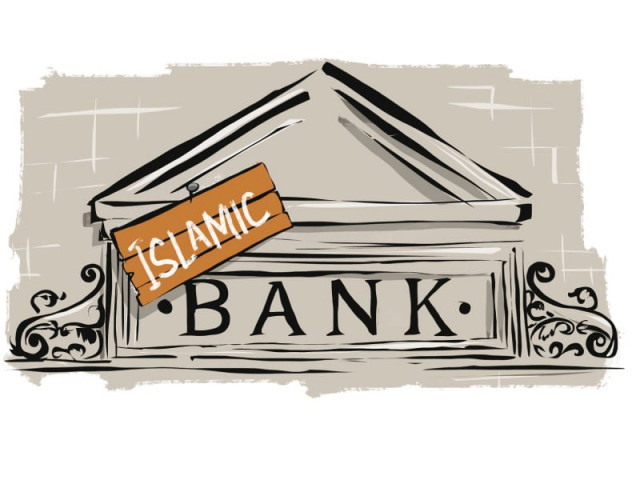Identity crisis: Islamic banking - in search of a lost soul
If reforms are not implemented, the idea of Islamic finance may die in infancy.

There is no doubt that Islamic banking and finance must always fulfil the requirements of Islamic jurisprudence. However, it is increasingly being felt that Islamic banking must go beyond the law and imbue the ethical spirit of Islam to remain relevant to the needs of Muslim communities around the world.
While there has been tremendous growth in Islamic banking and finance in the last decade or so, it is also true that it has become increasingly capitalistic in its approach and operations. Stakeholders, especially shareholders and management on the supply side, prefer it to be conformist in its approach. They have convinced Shari’a scholars that the way forward is to compete effectively with Islamic banking’s conventional counterpart through a replication of economic outcomes.
Tax neutrality, standardisation of accounting practices and legal contracts, and favourable regulations seem on the surface to promote Islamic banking and finance; careful scrutiny reveals that they are all intended to bring Islamic banking and finance closer to the ethos of the conventional financial system.
Most of the current products offered by Islamic banks – from Sukuk to profit-sharing investment accounts; simple Murabaha-based financing to large-scale syndicate financing – are structured around capitalistic principles of profit maximisation for shareholders. So powerful is the influence of capitalistic thinking in product development that even products that are mutual in nature – Takaful, for example – are being developed as for-profit products.
While legitimate products and practices in their own right, these cannot be considered the building blocks of a novel model. If adequate reforms are not brought into Islamic banking and finance soon, this could prove to be the death of a new idea in its infancy.
The last few years can be regarded as a lost opportunity for Islamic finance. The financial crisis that commenced in 2007 called for an alternative model of banking and finance which was to be less opportunistic and exploitative and more equitable and just. The theoretical models of Islamic banking and finance impressed Western policymakers, but Islamic banking failed to answer the call. It did not take the former long to discover that Islamic banking was no more than a sub-set of the Western capitalistic financial system.
Advocates of Islamic banking and finance must start thinking of reforming their own practices. Now is the time to pause and evaluate the progress of Islamic banking and finance to date. While Islamic jurisprudence must remain central to product development, it should not serve as an intrinsic foundation for Islamic banking and finance. On the contrary, it must be founded on firm Islamic paradigms. Law is process; principles drive process. Hence, principles of social justice, favouring the weaker party, cooperation, mutuality and ethical dealings are cornerstones of an Islamic ideology. It is no coincidence that the contemporary world also holds these values in high esteem.
To truly assess the success of Islamic banking and finance from a qualitative perspective, seek out just a single person whose soul was touched by Islamic banking and finance and whose material well-being was enhanced. If such a person does indeed exist, Islamic banking and finance is truly a success. If not – and sadly this seems to be the case – then Islamic banking and finance must search for its lost soul.
Western models of socially-responsible investing – like microfinance – have attracted millions of followers who have changed their corporate practices with the help of investors’ activism. If Islamic banking and finance – despite being a trillion dollar industry – fails to offer a single success story of social change, this calls for some serious re-thinking of its model and its contemporary applications.
The writer is an economist and a PhD from Cambridge University.
Published in The Express Tribune, June 4th, 2012.


















COMMENTS
Comments are moderated and generally will be posted if they are on-topic and not abusive.
For more information, please see our Comments FAQ